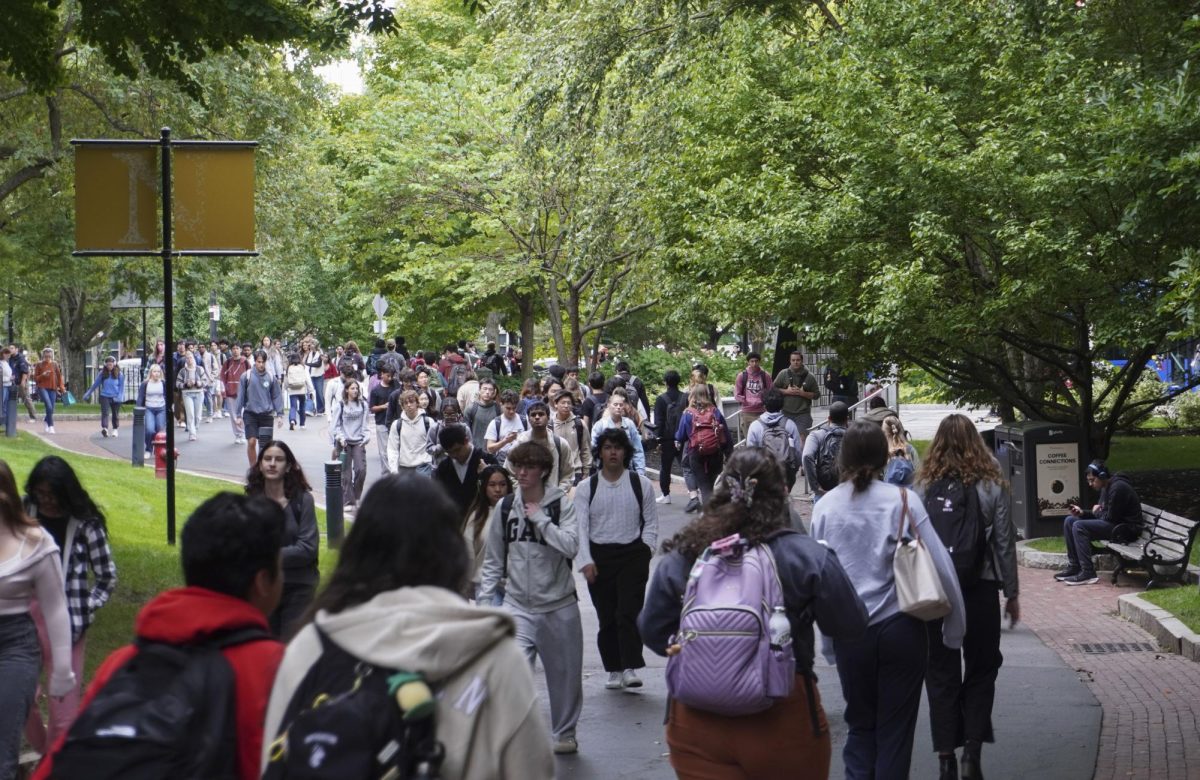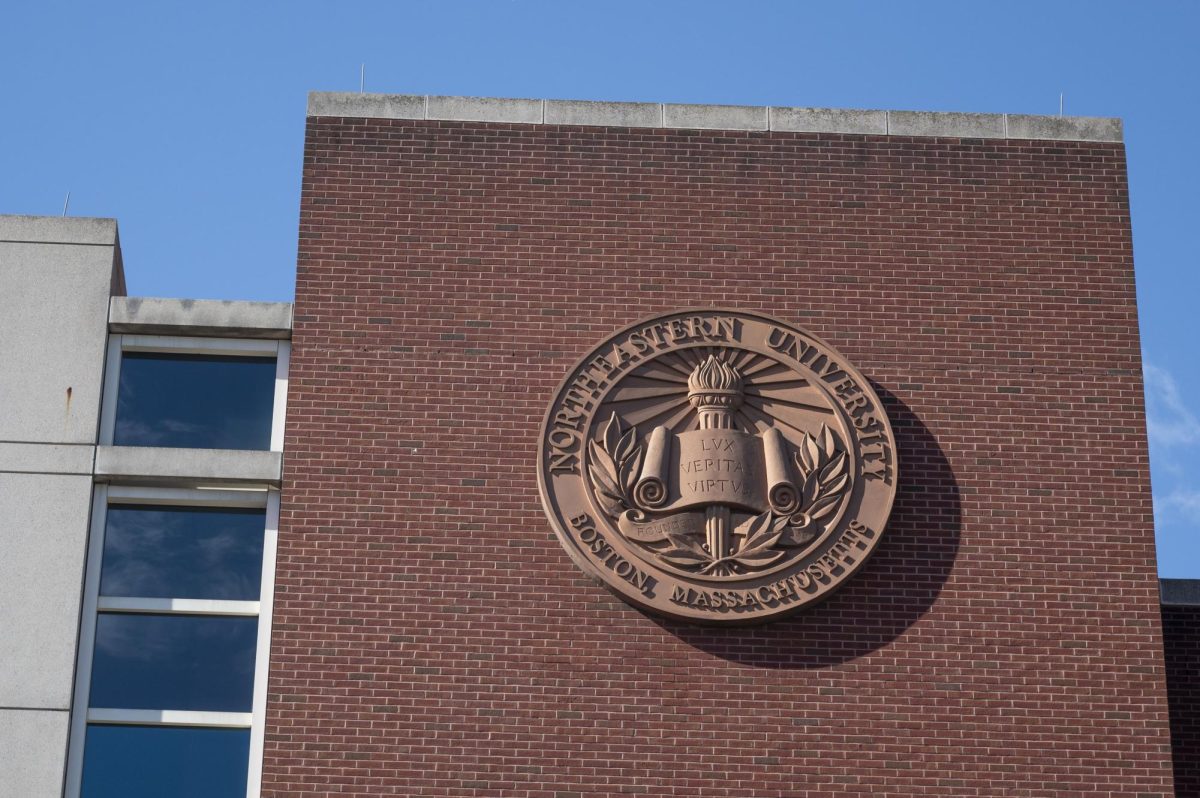Patrick Fleming, a sophomore biology major, used to listen to records in Willis Hall. He would put on one of his favorites – maybe the Clash’s 1977 self-titled debut, or perhaps some ’60s reggae that he found on a trip to London – and kick back as the needle scratched against the vinyl, spinning in circles for hours at a time.
This semester, though, Fleming moved his record player to his friends’ suite in Loftman Hall.
“When I listened to [records] in my room first semester, it wasn’t social,” he said. “Most of my music is listened to in digital format, which has some merits, but records are more of a tangible item, and first and foremost, they’re a social experience. We get a new record and we go, ‘Oh dude, we got this new record, let’s listen to it.'”
As CDs and iPods continue to push vinyl records off the shelves, Disc Diggers, Record Hog, Smash City Records, Biscuit Head and Mystery Train are just a few of many Boston-based stores to board up in the past decade. Yet, college students like Fleming and his friends are keeping vinyl alive, and possibly sparking a comeback.
“There’s a changing face of the consumer,” said Pat McGrath, who owns Looney Tunes Records at 1106 Boylston St.
“It seems that a lot of the older collectors may have died or become senile,” he joked. “Really, if you think about it, people who were 40 when we started, or 50, now they’re 70 or 80 [years old]. They may have other concerns.”
McGrath, who took over the store five years after its inception in 1978, said his vinyl sales have remained fairly consistent in the face of new technology because records offer a superior sound to digital tunes.
“[Digital music] is OK, it’s good,” he said. “Well, fuck that, I don’t want to hear ‘it’s OK.’ I want to hear ‘awesome.'”
Stuart Freedman, who owns the Nuggets record store at 486 Commonwealth Ave., said his vinyl sales took a hit 10 or 15 years ago when CDs hit the market, but they have “seemed to pick up a little” in recent years.
“A lot of younger kids are buying records, which they weren’t probably when they were 10-year-olds,” he said. “I think people are kind of understanding that records are a lot cooler.”
Vinyl records are recorded in analog format, meaning the original sound signal is modulated directly onto the vinyl disc by the air vibrations it produces, and is replayed in the same way. Many vinyl fans describe the sound to be more “open,” “layered” or “authentic” than digital recording, which converts the track into digital information, or bits.
In the digital process, a computer transfers the information onto a CD for a sound that is technically more accurate, but not necessarily more pleasing, said Northeastern music professor James Anderson.
He said while the analog versus digital debate is subjective, it often boils down to quality versus quantity.
“We have gotten sort of dumbed down to a certain extent, and we don’t care [about the sound quality],” he said. “And I’m not saying that’s bad or good, but we’ve really gotten to the point where we really don’t care that much about the quality of the sound because we want to have every song ever recorded on our iPods.










